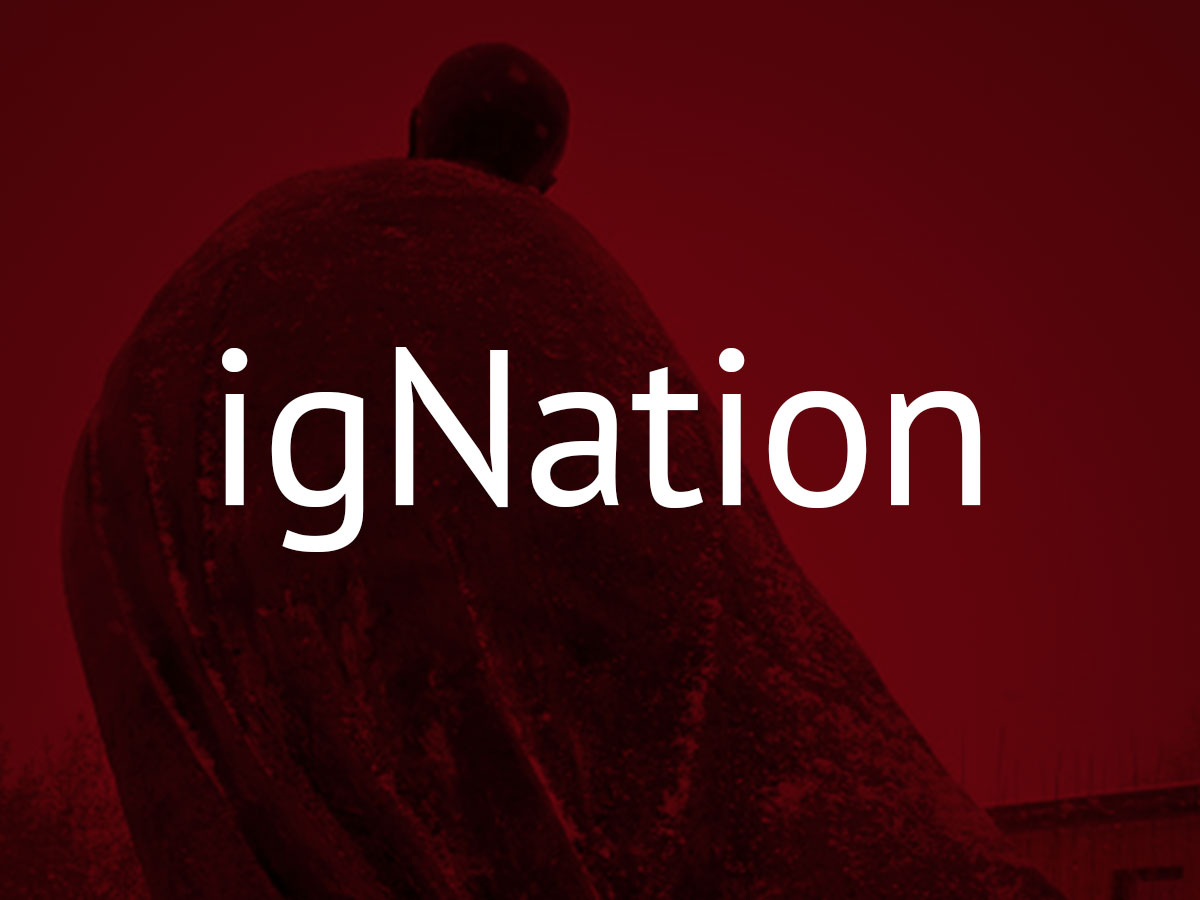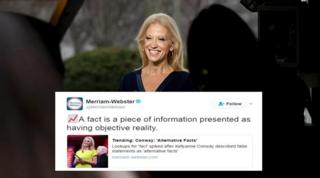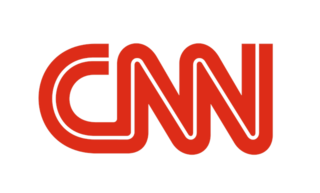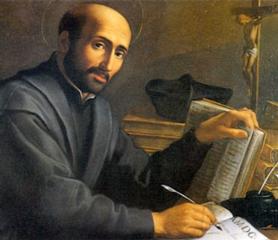Ignatius Knew

In this era of “alternative facts” it’s more important than ever really to listen to people whose views clash with our own. And we need to do this honestly, not like a debater attending to his opponent’s arguments for the purpose of more effectively rebutting them. For the key problem with today’s political discourse is that it is not discourse; instead of trying to create a meeting of minds, we promote a butting of heads.
At the root of our problem today—and this is not just a problem for our American neighbours— is what psychologists call “confirmation bias.” Here’s how Sharam Hershant, Assoc.Prof. of Psychology at the University of Illinois describes its genesis and its effects: “Once we have formed a view, we embrace information that confirms that view while ignoring, or rejecting, information that casts doubt on it. Confirmation bias suggests that we don’t perceive circumstances objectively. We pick out those bits of data that make us feel good because they confirm our prejudices. Thus, we may become prisoners of our assumptions.”
And so south of the border, Republicans get their facts from Fox (or Breitbart!) while Democrats get theirs from CNN. Closer to home, Conservatives like the Fraser Institute’s analysis while New Democrats get theirs from the Canadian Center for Policy Alternatives. For Liberals, probably the CBC is just fine!
The most important location for exposing confirmation bias is, of course, in ourselves. In order that we keep our thinking straight we need to be ruthless when our emotional investment in an interpretation, a hypothesis or even a theory blinds us to contraindicating evidence. It’s what one of my political science professors wanted to protect us from when he told us, “Above all, no zeal.” Our zeal must be reserved for the finding the truth, not for defending this or that position.
Practically, this comes down to two mindsets. First, we need to take to heart Socrates’s dictum, “The only thing I know is that I know nothing.” This seeming paradox really means that we need constantly to be learning, discovering and re-evaluating. It means that what we think we know (as opposed to what we believe which is a whole different matter) is tentative, subject to scrutiny and subject to being found deficient in the face of new evidence or argument.
Second, we need actively to seek out argument and evidence which challenges what we think we know. We should welcome opposing arguments as opportunities to refine our “knowledge.” And we must have the genuine humility to be willing to be disproven and to not have a personal stake in this or that position since our commitment is to Truth not to a position.
 As is so often the case, St. Ignatius Loyola had something to say about this problem. When describing the relationship which a spiritual director should have with the retreatant, he states, “…it is necessary to suppose that every good Christian is more ready to put a good interpretation on another’s statement than to condemn it as false. If an orthodox construction cannot be put on a proposition, the one who made it should be asked how he understands it. If he is in error, he should be corrected with all kindness.” (22 Poole) How much would our current state of political discourse be transformed if we all applied this!.
As is so often the case, St. Ignatius Loyola had something to say about this problem. When describing the relationship which a spiritual director should have with the retreatant, he states, “…it is necessary to suppose that every good Christian is more ready to put a good interpretation on another’s statement than to condemn it as false. If an orthodox construction cannot be put on a proposition, the one who made it should be asked how he understands it. If he is in error, he should be corrected with all kindness.” (22 Poole) How much would our current state of political discourse be transformed if we all applied this!.




No Comments